
by Feral FaunThis civilized, technological, commodity culture in which we live is a wasteland. For most people, most of the time, life is dull and empty, lacking vibrancy, adventure, passion and ecstasy. It's no surprise that many people search beyond the realm of their normal daily existence for something more. It is in this light that we need to understand the quest for the spiritual.
Of course, many, if not most, religious people are not really questing for anything. Religion provides them with dogmas, easy answers which allow them to stop thinking, feeling or acting for themselves. I feel nothing but disgust for their mindless, dogmatic spirituality and will deal no further with it. It is rather with sincere spiritual questing that I wish to deal.
I was raised a fundamentalist Christian, so I have first-hand experience of one of the most repressive forms of religion. A few--though very few--fundamentalists are truly questing for something more. I was one of these. I questioned, I probed, I sought for the intense depth of passion that this religion promised but that its practitioners rarely manifested. I decided to study for the ministry, not because I wanted to be a minister, but because I hoped to gain a greater understanding of the spiritual. During my studies, I left my fundamentalism behind, embracing a Christian mysticism which combined aspects of pentecostalism, Tolstoyan anarcho-pacifism and non-violent millenarian revolutionism.
In order to better live this "radical Christianity," I dropped out of college and wandered around the country visiting "radical Christian" communes. I finally settled in a commune in Washington, D.C., because they really seemed to be doing something. Within a few months, my attempts to live my faith came to a head. I was putting all my strength and energy into actively expressing the "radical" self-sacrifice that I believed would transform the world into the kingdom of god. Twelve hours a day, I worked on a project designed to help poor ghetto-dwellers create a housing cooperative in which they would collectively own and control their housing. My energy gave out. When I called on god to help me, he wasn't there to answer. When I was most dedicated to him, the god I had trusted all my life failed me. As a result, I had a nervous breakdown and went through several months of severe depression. What finally brought me out of it was recognizing that there was no god, there was no reason to expend myself in absurd self-sacrifice and my energy would be best used in creating my own life.
My rejection of Christianity and god first took the form of a crass mechanistic materialism, but someone who had so passionately pursued the spiritual could never be satisfied with a dead mechanistic view of reality. So I dissected Christianity--my two and a half years of theological studies was useful in this--and compared and contrasted other religions. I already knew that Christianity was dualistic, dividing reality into spirit and matter. I discovered that this dualism was common to all religions with the possible exceptions of some forms of Taoism and Buddhism. I also discovered something quite insidious about the flesh/spirit dichotomy. Religion proclaims the realm of spirit to be the realm of freedom, of creativity, of beauty, of ecstasy, of joy, of wonder, of life itself. In contrast, the realm of matter is the realm of dead mechanical activity, of grossness, of work, of slavery, of suffering, of sorrow. The earth, the creatures on it, even our own bodies were impediments to our spiritual growth, or at best, tools to be exploited. What a perfect ideological justification for the -exploitative activities of civilization.
But I don't believe religion necessarily developed purely as a way of justifying exploitation. Much more likely is that as exploitation immiserated the lives of people, the ecstatic joy of wild existence and of the flesh unrepressed became fainter and fainter memories until at last they seemed to be not of this world at all. This world was the world of travail (from the Latin root word which gives all the Romance languages their word for work) and sorrow. Joy and ecstasy had to be of another realm--the realm of spirit. Early religion is wildly orgiastic, clearly reflecting the lost way of life for which people longed. But by separating this wild abandon into the realm of spirit, which is in reality just a realm of abstract ideas with no concrete existence, religion made itself the handmaiden of civilized, domesticated culture. So it is no surprise that in time shamans evolved into priests who were functionaries of the state.
Religion--which started as an attempt, clearly flawed, to regain the ecstasy of unconstrained pleasure--as the hand-maiden of authority had to take a different stance toward pleasure. For the most part, religion has declared pleasure to be gross, evil, or a distraction from "higher" spiritual pursuits. Present pleasure was to be repressed for a future paradise. A few schools of religious thought took a different tactic. Since pleasure could so clearly induce ecstasy, these schools said that it was fine to practice these activities as long as it was done in the right way, at the right time, for purely spiritual purposes. The spontaneous, playful expressions of pleasure were strongly discouraged as they distracted from the spiritual expressions of these practices. The puritanism and productivist orientation to pleasure in some tantric and sexmagickal texts is astounding. In these spiritual practices, pleasure is subverted from its natural course in which it would create a world of free play and is transformed into spiritual work.
The rejection of religion in recent centuries has mainly taken the form of crass, mechanistic materialism. But this is not truly a rejection of religion. This form of materialism still accepts the matter/spirit dichotomy--but then proclaims that spirit does not exist. Thus, freedom, creativity, beauty, ecstasy, life as something more than mere mechanical existence are utterly eradicated from the world. Mechanistic materialism is the ideology of religion updated to fit the needs of industrial capitalism. For industrial capitalism requires not only a deadened, dispirited earth, but deadened, dispirited human beings who can be made into cogs in a vast machine.
But there have been other rebellions against religious ideology. I am most familiar with those that arose in Christian Europe. In their most radical expressions, the Free Spirits, the Adamites and the Ranters utterly rejected the flesh/spirit dichotomy, claimed paradise for the earth in the present, claimed divinity for themselves as physical beings and rejected the concept of sin and absolute morality. At their best, they were radically anti-religious. They used religious language in a way that turned religion on its head and undermined its basis. It seems that these anti-religious radicals weren't aware of the full implications of what they were doing, and because of that their rebellion was recuperated where it wasn't simply wiped out.
Industrial capitalism and its attendant ideology, mechanistic materialism, have drained the life and beauty from our experience of the world. We have been taught to distrust our own experience and to accept as "knowledge" the word of authority as found in textbooks, heard in lectures or poured into us by television or other media. And the picture of reality we are spoonfed is so joyless, so lacking in passion, that if there is any feeling left in us, we must have something more. Because religion has usurped the passion from the world, its language is often quite passionate, ecstatic, even erotic. It certainly sounds like the place to look for the depth of feeling and wild creativity for which we long. In my own explorations, I experimented with mystical practices and magical ritual. And both within the context of these experiments and outside of that context in wilderness areas, I have had experiences which don't fit into the framework of a mechanistic materialist worldview. Certainly, religion could provide a framework for those experiences.
But, ultimately, religion fails to meet "spiritual" needs. It fails because it declares those needs to be spiritual--of a nonworldly realm-and so cannot deal with their roots. For it is civilization with its need to exploit the earth, and most especially industrial civilization for which even humans must become mere cogs in a huge machine, that drains our lives of beauty, of creativity, of passion, of ecstasy. William Blake said, "If the doors of perception were cleansed, everything would appear as it is: infinite." And I know our senses can be doors to vast worlds of wonder. I have experienced as much. But our senses have been bound to the needs of production and consumption, and so made incapable of experiencing the vibrant life that is the physical world on a moment-to-moment basis.
Religion claims to give us back the freedom, the creativity, the passionate fullness of life that was stolen from us, but, in fact, is part of the conspiracy to keep this fullness from us. In relegating creativity, passion, freedom and ecstasy to the realm of the spiritual, religion safely takes them out of the realm of daily life and puts them in their "proper" place where they cannot become a threat to civilization--the realm of ritual and ceremony. My own experiments with magic and mystical practice taught me something interesting. When I looked back on my experiences without putting them in any sort of ideological context--and without religious metaphors to obscure what was really going on, I realized that everyone of these experiences was a physical, bodily, sensual experience, not an experience in some sort of "spiritual" realm. But it was an experience of the senses free of their ideological, civilized chains. I was momentarily experiencing the world as a wild being, without mediation. It's interesting to note that the metaphor that I have found most useful in describing these experiences is the lycanthropic metaphor--I felt that I had turned into some non-human creature. Civilization has become so much a part of our definition of the human, that our minds seem to view experiences of uncivilized sensuality as experiences of inhuman sensuality. When religion defines these experiences, it destroys their sensuality and wildness, denies their bodily nature, and so civilizes them. Eventually, they fade. Religion ceases to be orgiastic and turns dogmatic--and to those with any perception it becomes clear that religion is incapable of fulfilling its promise.
The revolutionary project must certainly include the end of religion--but not in the form of a simplistic acceptance of mechanistic materialism. Rather, we must seek to awaken our senses to the fullness of life that is the material world. We must oppose both religion and mechanistic materialism with a vibrant, passionate, living materialism. We must storm the citadel of religion and reclaim the freedom, the creativity, the passion and the wonder that religion has stolen from our earth and our lives. In order to do this we will have to understand what needs and desires religion speaks to and how it fails to fulfill them. I have attempted to express some of my own explorations so that we can carry on the project of creating ourselves as free, wild beings. The project of transforming the world into a realm of sensual joy and pleasure by destroying the civilization that has stolen the fullness of life from us.
from Anarchy: A Journal Of Desire Armed #17, Fall/Winter 1988.
http://www.anarchymag.org/
republished by Elephant Editions (London) 2000/2001 in the collection "Feral Revolution"
reprinted in the pamphlet "The Quest for the Spiritual" by Venomous Butterfly Publications.
please send corrections if you notice type-o's or formatting errors: quiver@hush.com
http://alphabetthreat.co.uk/elephanteditions/



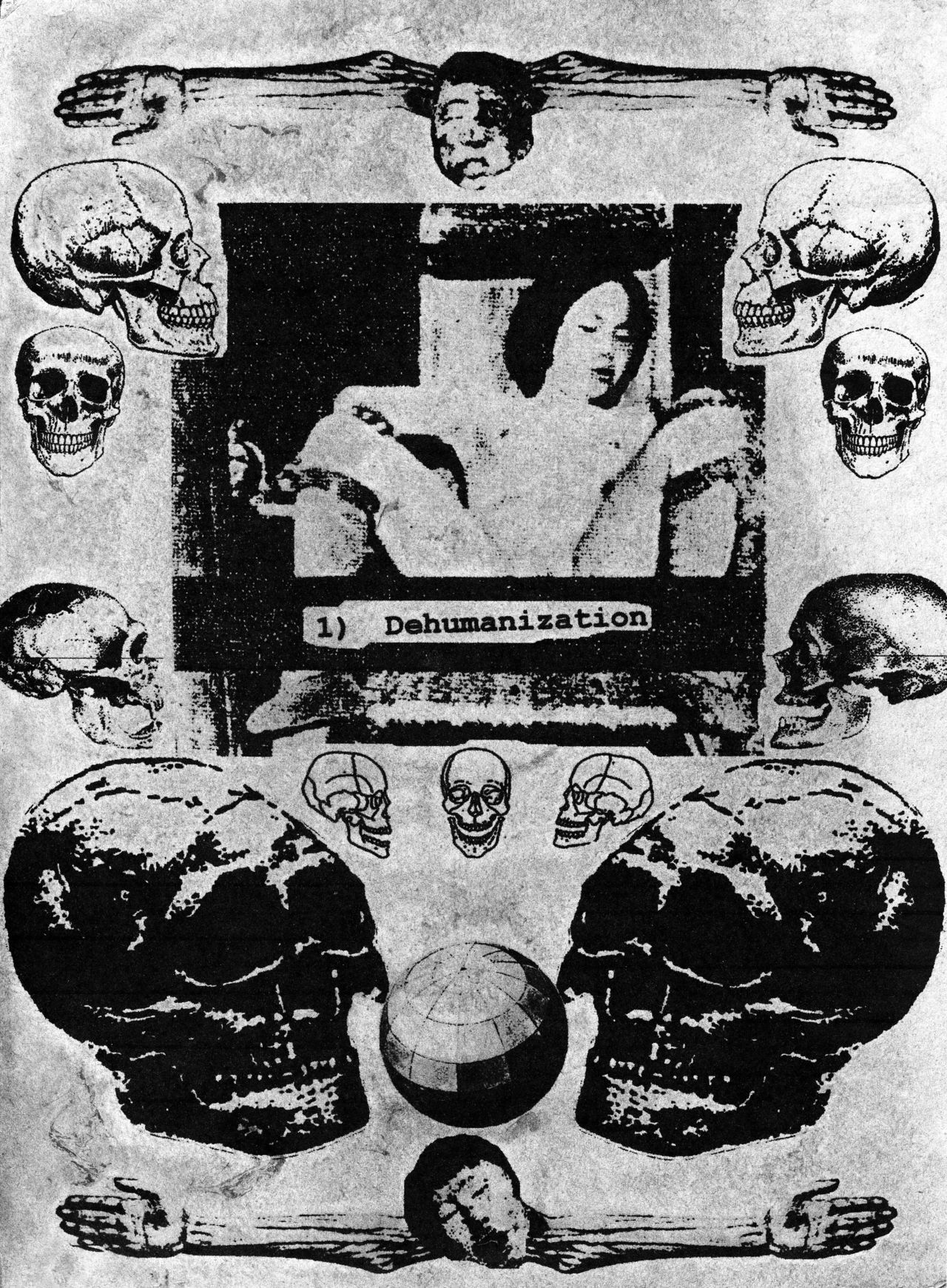



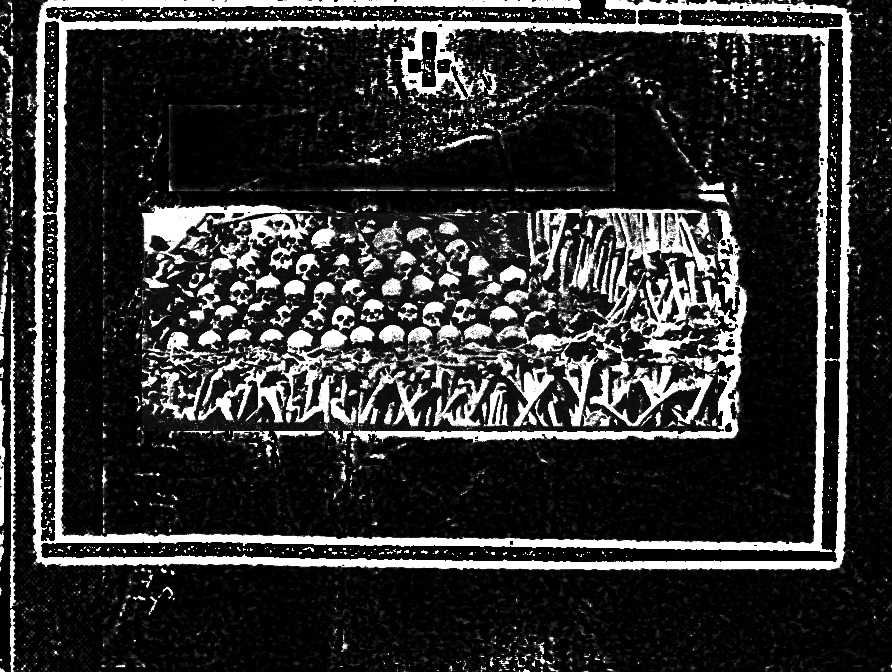
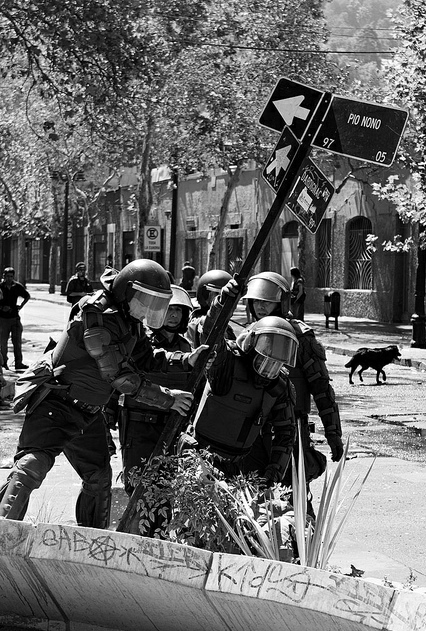
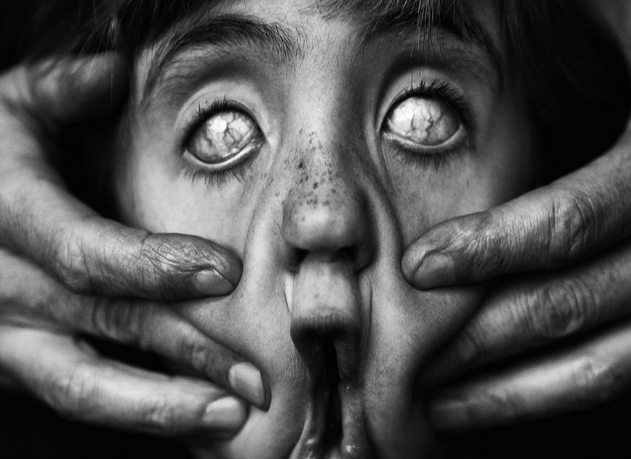

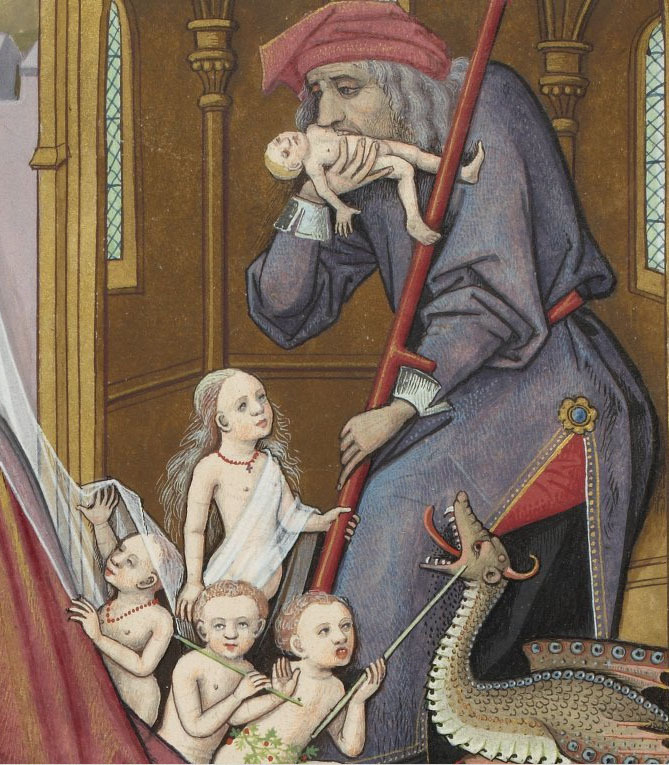
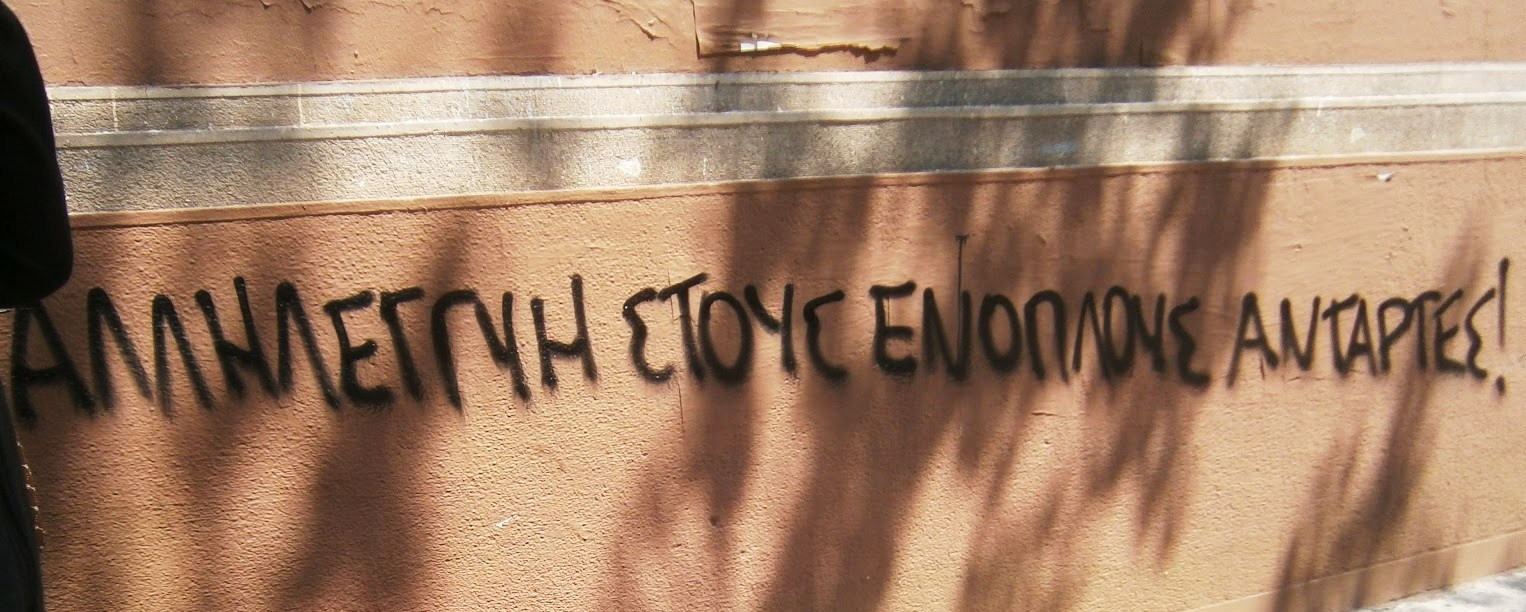

![Eurorepressione - Sulla conferenza a Den Haag sul tema "Anarchia" [corretto]](http://25.media.tumblr.com/tumblr_m0jvngOXtY1qa2163o1_1280.jpg)
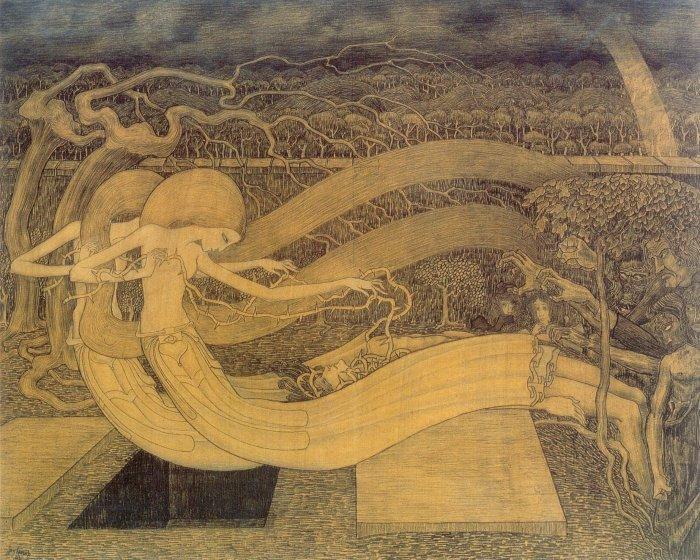
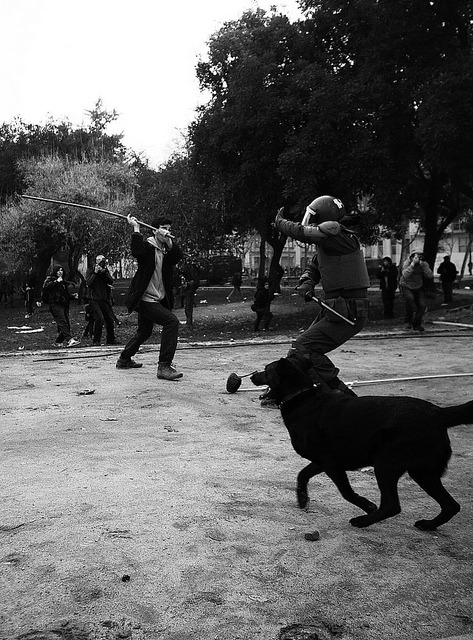
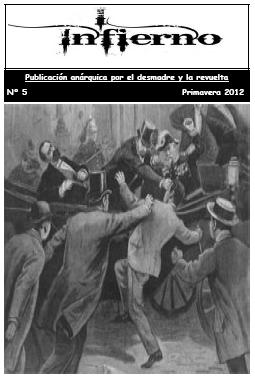
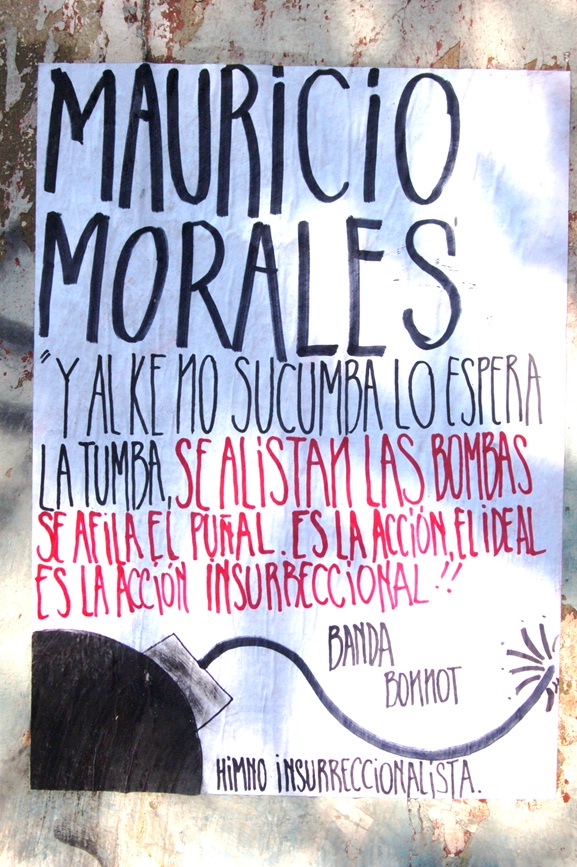
![A tres años de la Partida de Mauricio Morales: De la Memoria a la Calle [Stgo.]](http://metiendoruido.com/wp-content/uploads/2012/05/mmacividad.jpg)
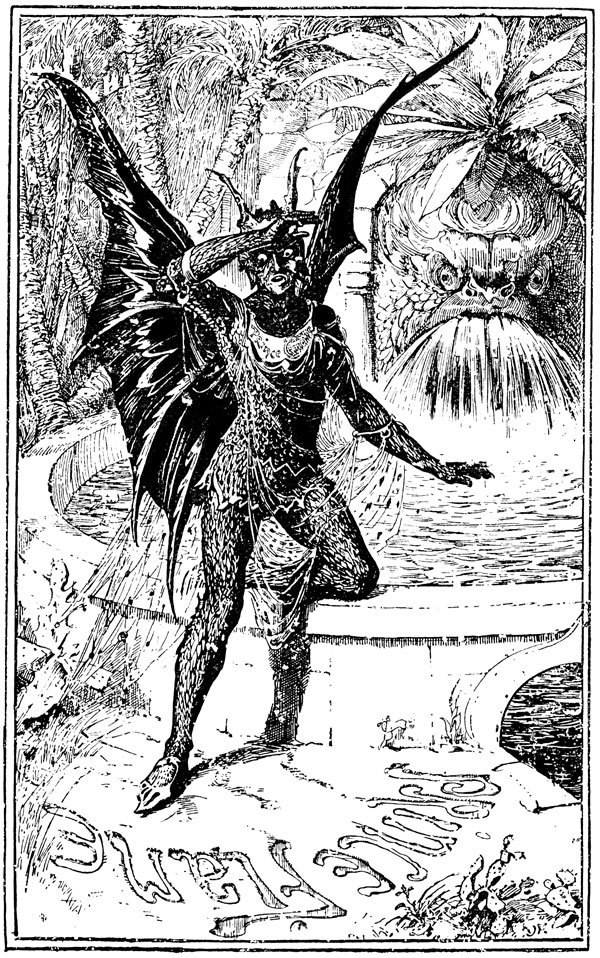
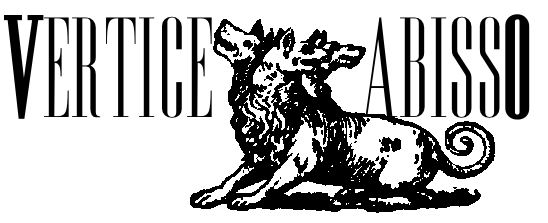



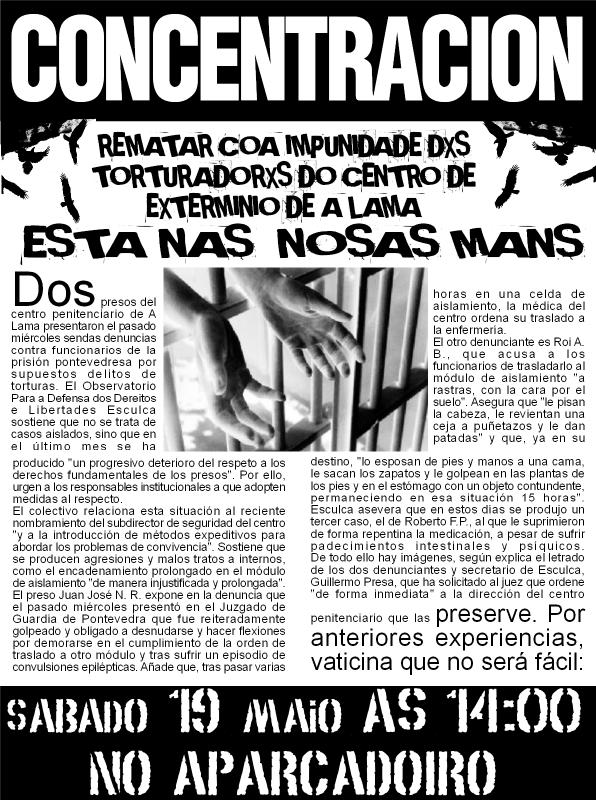

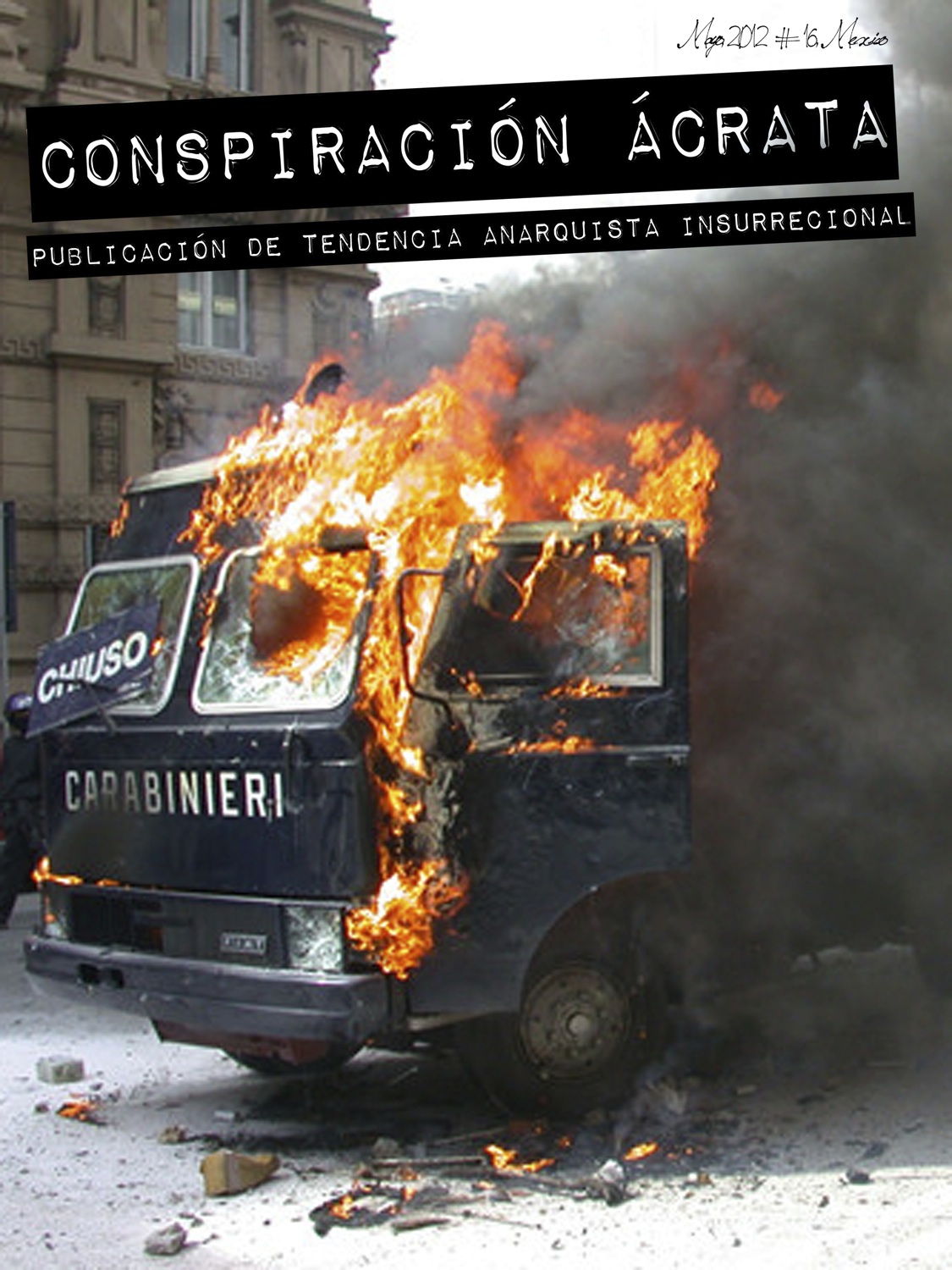

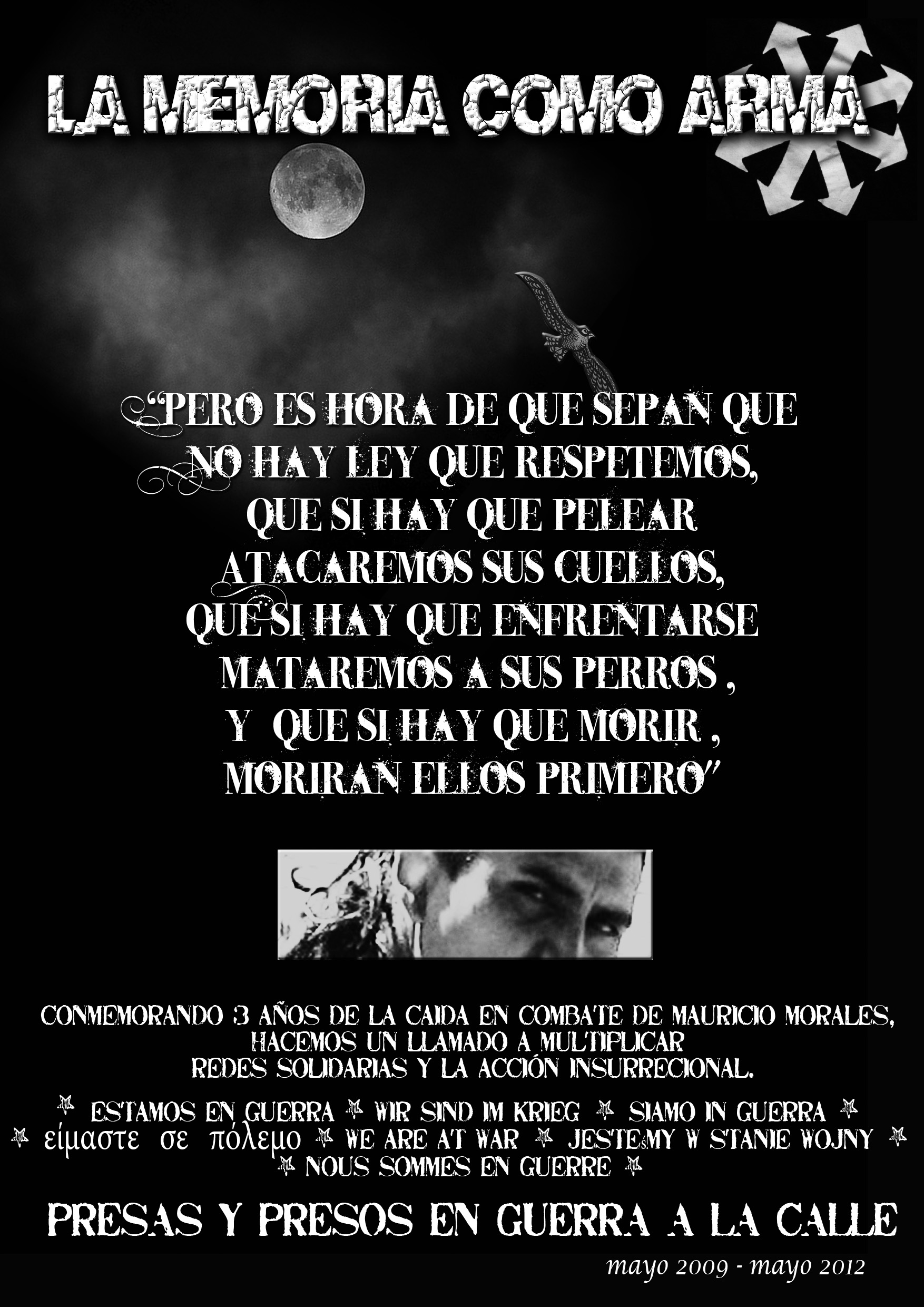
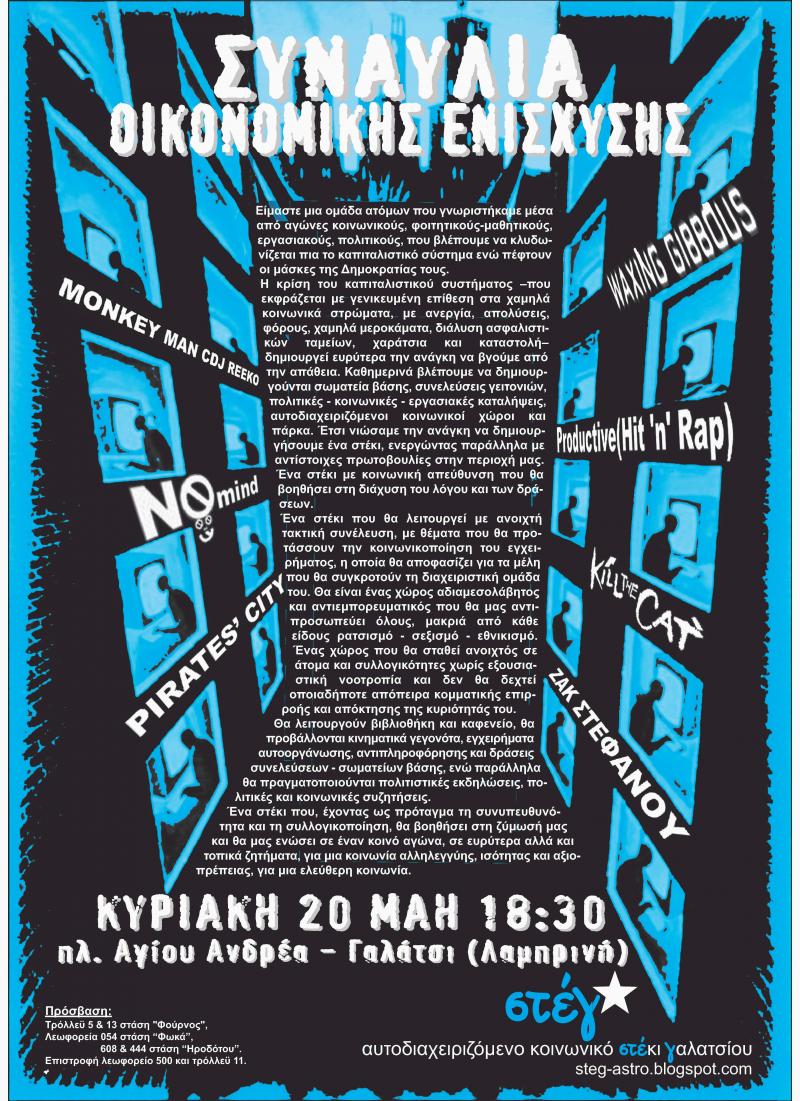








Nessun commento:
Posta un commento